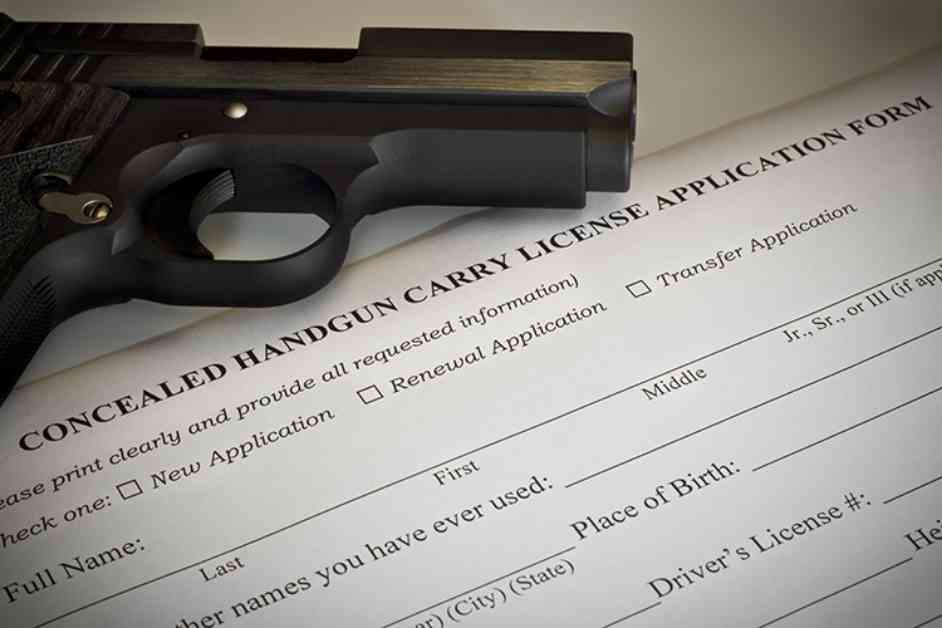An en banc federal appeals court recently upheld Maryland’s ban on assault-style weapons in a 10-5 decision. The court stated that these military-style weapons are not protected by the Second Amendment because they are designed for combat operations and are not necessary for self-defense purposes. Judge J. Harvie Wilkinson III wrote the majority opinion, emphasizing that the 2013 Maryland law fits within the nation’s historical tradition of firearms regulation.
This decision comes after the U.S. Supreme Court’s ruling in New York State Rifle & Pistol Association Inc. v. Bruen, which struck down New York’s requirement for a concealed-carry gun license. The Supreme Court highlighted the importance of evaluating gun regulations based on the Second Amendment’s text and the nation’s historical tradition of firearms regulation.
In his dissent, Judge Julius N. Richardson argued that the Second Amendment is an absolute right and should not be subject to the discretion of federal judges. He expressed concern that the majority’s decision could lead to a proliferation of dangerous weapons in society.
The 4th Circuit’s analysis focused on the modern dangers posed by assault weapons, according to Michael I. Meyerson, a professor at the University of Baltimore School of Law. He noted that while the majority’s argument was compelling, it may not align with the strict legal framework set by the Supreme Court in the Bruen case.
Overall, this decision highlights the ongoing debate surrounding gun control and the interpretation of the Second Amendment. It raises questions about the balance between individual rights and public safety, as well as the role of the government in regulating firearms in society. The 4th Circuit’s ruling in Bianchi v. Brown adds to the broader discussion on gun laws and their impact on communities across the country.















